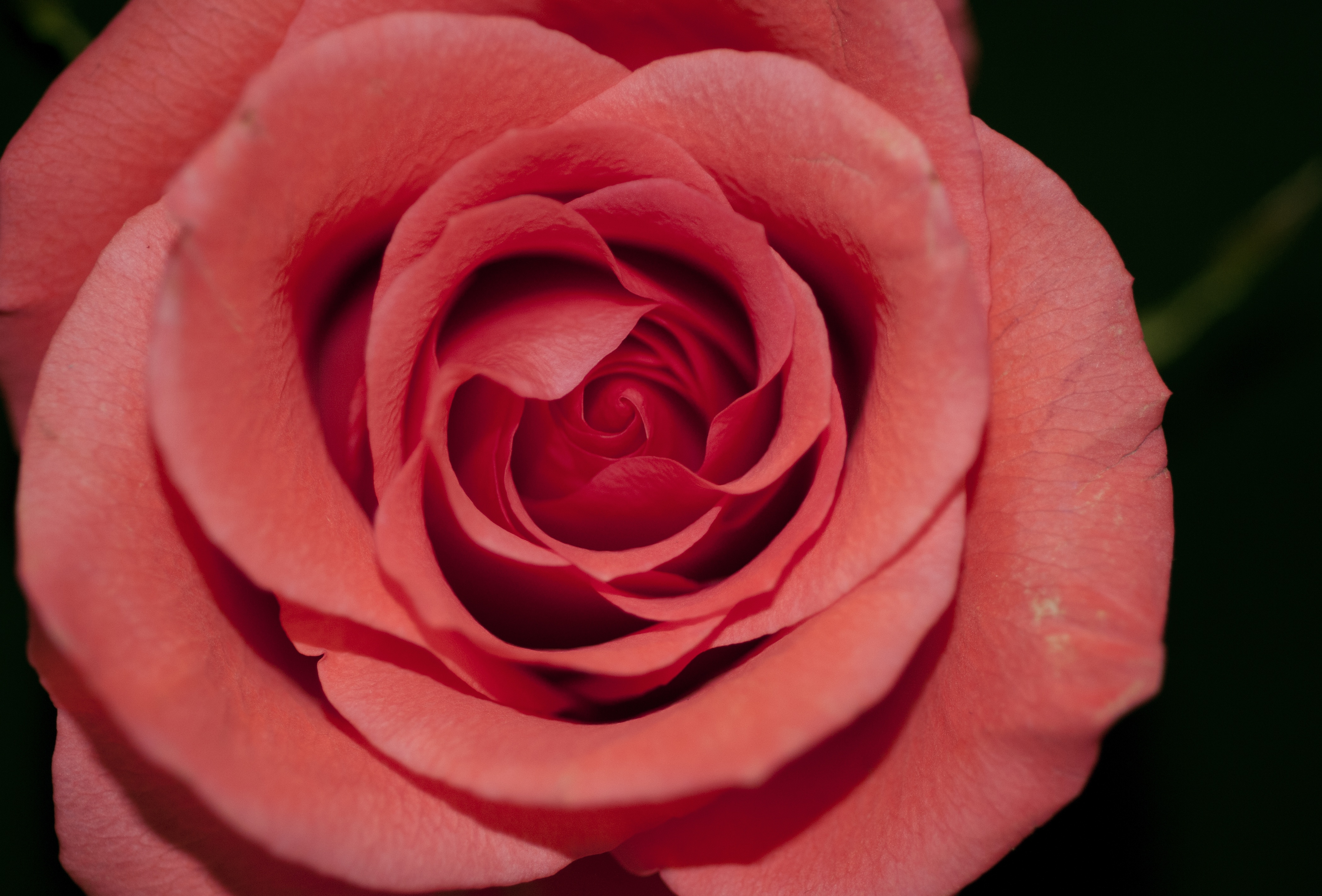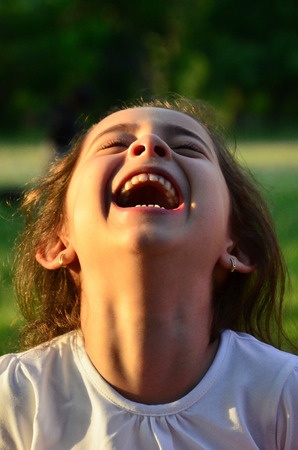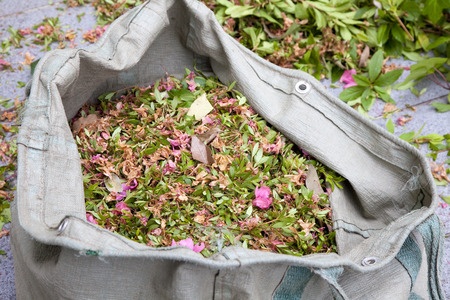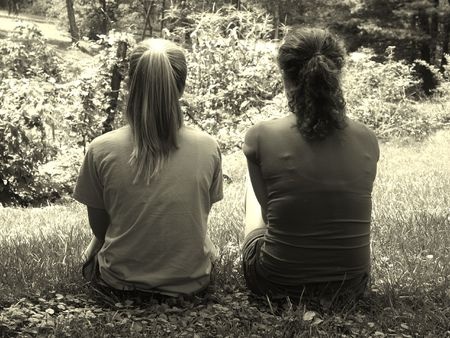Archive for February, 2016
Hugs
I am a ‘hugger’. Hugs are healthy. Hugs do many positive things for our body, mind and spirit.
Most hugs last about three seconds. A prolonged hug, a twenty second hug, boost levels of oxytocin (the love hormone) and serotonin (the mood stabilizing hormone), according to researchers at University of North Carolina Chapel Hill.
Nick Ortner’s children’s book, The Big Book of Hugs: A Barkley the Bear Story, helps children and parents understand the power and benefits of hugging.
Humans long for touch; and for good reason. Hugs reduce stress and feelings of isolation, loneliness and anger. Prolonged hugs help us relax and they are healing and comforting; connecting us to each other at deeper levels.
I invite you this week to hug frequently. Try out the twenty second hug. Enjoy the benefits of touching.
Roses
The recent spell of dry, warm weather has my plum tree in full bloom, my arthritis releasing it’s firm grip on my bones, and my rose bushes leafing profusely.
Rosaceae is a large family of shrubs, trees, herbs and flowers (Rosa, true Roses). Roses are universally accepted symbols of love, peace, friendship and success. The Rose is the official National Floral Emblem of the United States, and, according to ‘Statistics Brain Institute’ 198,000.000 Roses are produced for Valentine’s Day. Whew!
The following Dale Carnegie quote is such a powerful reminder that in the hurried, often frenzied pace of our daily lives, we can stop for a moment, take a deep breath, and smell the Roses.
“One of the most tragic things I know about human nature is that all of us tend to put off living. We are all dreaming of some magical rose garden over the horizon instead of enjoying the roses that are blooming outside our windows today.”
I invite you to take time this week to ‘smell the Roses’.
Healing Laughter
“Laughter is the best medicine.” Couldn’t find who said it, but I believe that laughter is a great tool for healing, and I love to laugh!
“Research has shown that humor and laughter can reduce stress, control pain, improve our immune system and promote healing.” So says Sheryl M. Ness, R.N. in her ‘Living with cancer” blog, (www.mayoclinic.org/…./humor-and-cancer/BGP-20056414).
Laughter increases blood flow to the brain, and promotes production of dopamine, endorphins and the stress hormone cortisol.
If you seek more information on this subject, enter ‘healing benefits of laughter’ in your search bar, and prepare to be amazed at the abundance of information.
Of course, I couldn’t end today’s blog without a few quotes about laughter.
“We don’t laugh because we’re happy- we’re happy because we laugh.”
~William James
“Laughter is the shortest distance between two people.”
~Victor Borge
“A person who knows how to laugh at himself will never cease to be amused.”
~Shirley MacClain
“The earth laughs in flowers.”
~ e.e. Cummings
I invite you to sprinkle laughter liberally throughout this week, and all the weeks to come.
Pruning
As I prune my rose bushes and contemplate a hard pruning of my pear tree (and soon as time is running out), I reflected on pruning for personal growth.
Pruning is essential to the health, shape, beauty and flourishing of trees, shrubs, hedges, vines, and many flowering plants. Hard pruning and light pruning all play a part in the process. Even ‘root pruning’ is needed periodically for potted plants or they become ‘root-bound’ and die.
So, too, it is essential to regularly prune and trim our personal growth in order to attain mature, healthy form, strength and dis-ease free living. I like the quote below from 1300AD:
“What is essential to practice the Tao is to get rid of cravings and vexations. If these afflictions are not removed, it is impossible to attain stability. This is like the case of the fertile field, which cannot produce good crops as long as the weeds are not cleared away. Cravings and ruminations are the weeds of the mind; if you do not clear them away, concentration and wisdom do not develop.”
~Chang San-feng
I invite you to do some personal pruning…it is the season.
Friends
“When we honestly ask ourselves which person in our lives mean the most to us, we often find it is those who, instead of giving advice, solutions, or cures, have chosen rather to share our pain and touch our wounds with a warm and tender hand. The friend who can be silent with us in a moment of despair or confusion, who can stay with us in an hour of grief and bereavement, who can tolerate not knowing, not curing, not healing and face with us the reality of our powerlessness, that is a friend who cares.”
~Henri J. M. Nouwen




